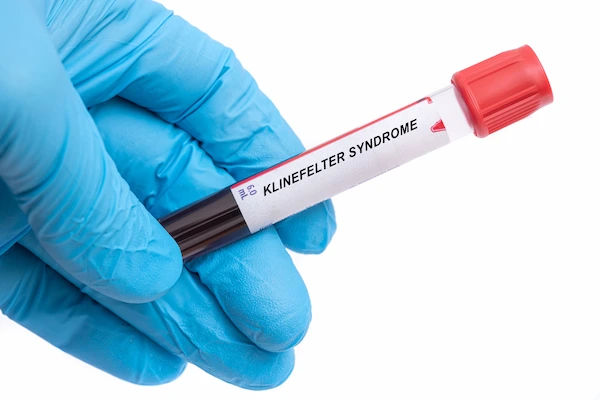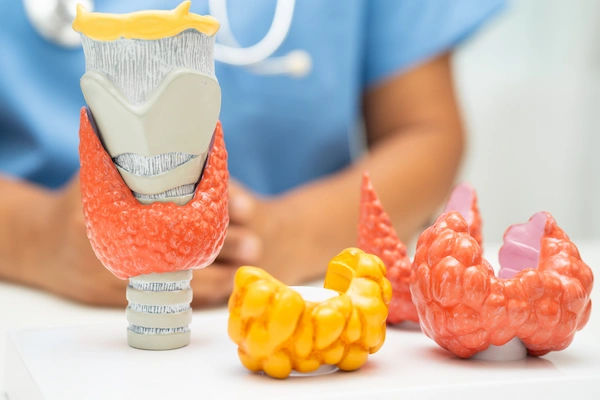- female
- 50 Years
- 31/03/2021
Can a diabetic eat oranges?
Answered by 1 Apollo Doctors
Oranges have low glycemic index i.e., 43 and are full of fibre, vitamin C, folate and potassium which would help benefit a healthy diabetic eating plan
Dr. Shubham Suggests...
Consult a Endocrinologist
Answered 04/07/2025
0
0


Ask Apollo
AI powered Health Chatbot
A 50-year-old woman with diabetes can generally eat oranges, but with some considerations. Oranges are nutritious and provide vitamin C and fiber, which are beneficial. However, because they contain natural sugars, it's important to consume them in moderation to avoid spikes in blood sugar levels.
- Portion control: Eating one small orange or a moderate amount of orange segments is usually safe.
- Monitor blood sugar: Keep track of blood glucose levels to see how oranges affect you personally.
- Balance with other foods: Pairing oranges with protein or healthy fats can help slow sugar absorption.
- Consult your doctor or dietitian: They can provide personalized advice based on your overall health and diabetes management.
In summary, oranges can be part of a balanced diet for someone with diabetes when eaten thoughtfully and in moderation.
Recommended next steps
Consult a Diabetologist or Consult a clinical nutrition
Answered 20/08/2025
0
0
More Endocrinology Health Queries
View allI'm 17 and really insecure about my small breast size. Is there any way to naturally increase my breast size without surgery? I feel really depressed about it and want to know if there are safe options to help them grow faster
It's understandable to feel insecure about your breast size, especially during adolescence. While natural breast growth primarily occurs during puberty, there are no guaranteed natural methods to significantly increase breast size without surgery. If you're concerned about your breast size, it's best to talk to your doctor or a gynecologist. They can help you understand what's normal for your age and help you address any potential concerns.
Answered by 1 Apollo Doctors
What is the highest blood sugar level that is safe?
Safest blood sugar slightly varies with each person depending on their age and other pre-existing health conditions.The American Diabetes Association recommends that the blood sugar 1 to 2 hours after the beginning of a meal be less than 180 mg/dl in any person.
Answered by 1 Apollo Doctors
I'm really concerned about needing to inject water when I'm unwell because both times it made me feel really cold, caused vomiting, and even my eyes went upwards. I'm worried about how to handle it if I get sick again and require another water inject. Does everyone experience these symptoms, or is this unusual?
Physician opinion is advised to the patient.
Answered by 1 Apollo Doctors
Disclaimer: Answers on Apollo 247 are not intended to replace your doctor advice. Always seek help of a professional doctor in case of an medical emergency or ailment.





